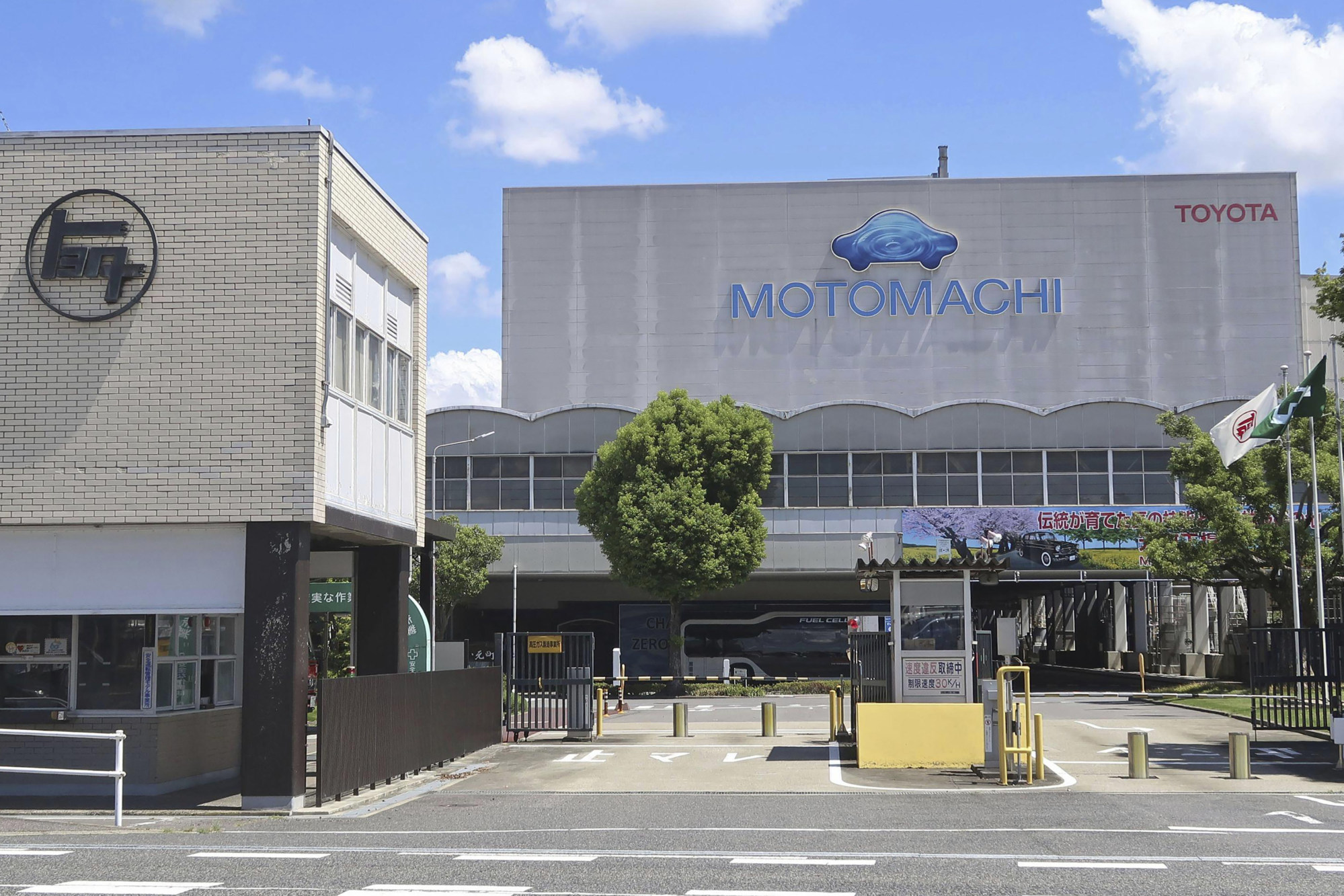
Toyota suspends car production in Japan due to massive ‘system glitch’
- Toyota planned to halt operations at all 14 factories in Japan because of a system glitch, but said that it did not appear to be a cyberattack
- It remains unclear when normal production might resume and whether production at Toyota’s overseas plants had been affected
Toyota Motor will suspend operations at all of its assembly plants in Japan from Tuesday afternoon due to a malfunction with its production system, it said, likely bringing domestic output to a standstill for the world’s top carmaker.
Toyota was looking into the cause of the problem, a spokesperson said, adding it was “likely not due to a cyberattack”. The malfunction has meant it has not been able to order components, the spokesperson added.
Toyota suspended operations at 12 of its plants from Tuesday morning, with two remaining online. All 14 will be suspended from the second shift on Tuesday, the spokesperson said, adding the amount of lost output was unclear.

It was not immediately clear exactly when normal production might resume. It did not say whether factories abroad were affected.
The news sent Toyota’s stocks 0.6 per cent lower at 2,421.0 yen. But the selling seemed to have slowed before the midday break in Tokyo markets.
Last year, Toyota had to suspend all of its domestic factories after a subsidiary was hit by a cyberattack.
The company is among the most important and respected companies in Japan, and its production activities have an outsize impact on the country’s economy.
Toyota is known for its storied efficiency and the “just-in-time” production system of providing only small deliveries of necessary parts and other items at various steps of the assembly process.
This practice minimises costs while improving efficiency and is studied by other manufacturers and at business schools around the world, but also comes with risks.
The car titan retained its global top-selling crown for the third year in a row in 2022, but like much of the industry has battled pandemic headwinds and the effects of a global chip shortage.
Still, Toyota was aiming to earn an annual net profit of 2.58 trillion yen (US$17.6 billion), up 5.2 per cent on year, and sales of 38 trillion yen for the financial year to March 2024.
Major carmakers are enjoying a robust surge of global demand after the Covid-19 pandemic slowed manufacturing activities.
Severe shortages of semiconductors had limited production capacity for a host of products ranging from cars to smartphones.
Toyota has said that chip supplies were improving and that it had raised product prices and worked with suppliers to bring production activities back to normal.
However, the company was still experiencing delays in the deliveries of new vehicles to customers, it added.


.png?itok=arIb17P0)